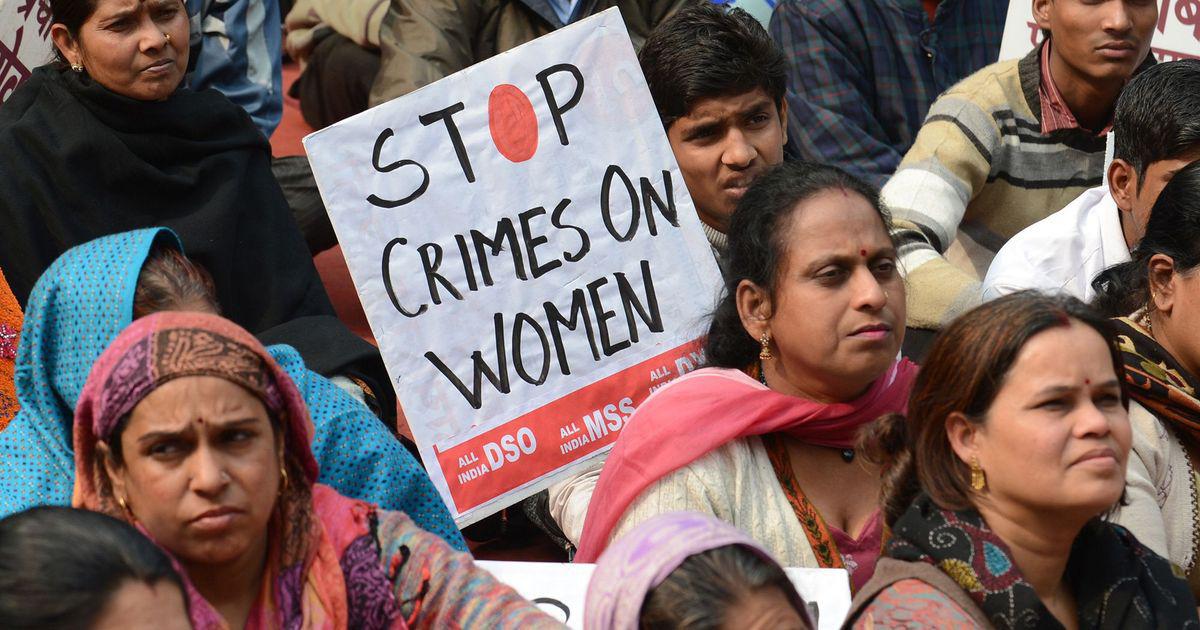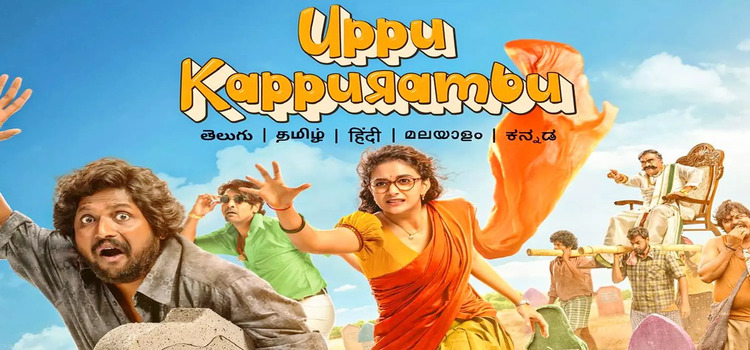Indian Judge’s Ruling on Marital ‘Unnatural Sex’ Highlights Legal Loophole and Calls for Urgent Reform
A recent ruling by the Madhya Pradesh High Court has brought to the forefront a significant legal gap in India’s approach to marital rape. Last week, Justice Gurpal Singh Ahluwalia dismissed a woman’s complaint alleging her husband had committed “unnatural sex,” citing existing legal provisions that do not criminalize such acts within marriage if the wife is over 18. This decision has reignited discussions on the urgent need to address marital rape laws in India.
Legal Context and Challenges
Under current Indian law, marital rape is not recognized as a criminal offense. The legal framework, a relic of British colonial rule, permits non-consensual sexual acts by a husband against his wife if she is over the age of 18. This exemption, enshrined in Section 377 of the Indian Penal Code, has been a point of contention for years, with activists and legal experts advocating for its abolition.
The complainant in this case reported that her husband had engaged in non-consensual “carnal intercourse against the order of nature” on multiple occasions shortly after their marriage in 2019. Despite her accusations, the court ruled that such acts were not criminal within the bounds of marriage, emphasizing the outdated marital rape exemption.
Historical and Social Background
The exemption for marital rape is a vestige of British colonial law, which India inherited upon gaining independence over 70 years ago. While the Supreme Court of India increased the age of marital consent from 15 to 18 in a landmark 2017 ruling, the broader issue of marital rape remains unresolved. This legal stance has profound implications for women’s rights in India, where the deeply patriarchal society continues to grapple with gender-based violence and discrimination.
In recent years, there has been a growing movement to challenge this legal loophole. Campaigners argue that criminalizing marital rape is essential for protecting women’s autonomy and bodily integrity. However, they face significant opposition from conservative factions who believe that such a change could undermine the institution of marriage in India.
The Push for Legal Reform
A significant legal challenge to the marital rape exemption has been progressing through India’s judiciary. In 2022, the Delhi High Court delivered a split verdict on the matter, leading to an appeal to the Supreme Court, which is still pending. Advocates for legal reform, including prominent lawyer Indira Jaising, argue that striking down the marital rape exemption would benefit countless women, providing them with essential legal protection.
Jaising has emphasized the urgency of the issue, calling for the courts to address it promptly. She highlighted that many women currently have no recourse when faced with marital rape, underscoring the need for fast-tracking the legal process to send a clear message that violence against women will not be tolerated.
Statistical Insights and Public Perception
The 2019-2021 National Family Health Survey conducted by the Government of India reveals troubling attitudes towards marital consent and domestic violence. According to the survey, 17.6% of women aged 15-49 reported being unable to refuse their husbands’ sexual demands, while 11% believed that husbands were justified in hitting or beating their wives if they refused sex. These statistics underscore the pervasive nature of gender-based violence and the urgent need for legal reform.
Women who allege rape within marriage have limited legal avenues. They can seek restraining orders under civil law or pursue charges under Section 354 (sexual assault) and Section 498A (domestic violence) of the Indian Penal Code. However, these provisions are often subject to interpretation, and many judges are reluctant to impose strict penalties in cases involving marital rape.
Judicial and Societal Responses
The recent ruling by the Madhya Pradesh High Court has sparked a strong reaction from women’s rights advocates and legal experts. The court documents revealed that the woman had endured multiple instances of non-consensual sex and threats of divorce from her husband. Despite her detailed allegations, the legal system’s current stance left her without adequate protection.
Justice Ahluwalia’s judgment reiterated that marital rape is not recognized under Indian law, highlighting a significant gap in the country’s legal framework. This ruling has once again raised questions about India’s commitment to safeguarding women’s rights and addressing gender-based violence.
Broader Implications and Future Directions
India’s reluctance to criminalize marital rape has far-reaching implications for women’s safety and well-being. While the country has made significant strides in enacting laws to protect women, the persistence of the marital rape exemption undermines these efforts. Legal experts and activists argue that recognizing marital rape as a crime is essential for ensuring that all women, regardless of their marital status, have the right to bodily autonomy and protection from sexual violence.
The ongoing legal battle to challenge the marital rape exemption represents a critical moment in India’s journey towards gender equality. As the Supreme Court prepares to hear the appeal, there is hope that the judiciary will take a progressive stance and align Indian law with international human rights standards.
Conclusion
The Madhya Pradesh High Court’s recent dismissal of a woman’s complaint against her husband for “unnatural sex” has highlighted a significant legal loophole in India’s treatment of marital rape. This ruling underscores the urgent need for legal reform to protect women’s rights and ensure that all forms of sexual violence are recognized and prosecuted. As campaigners continue to push for change, the focus now shifts to the Supreme Court, where a landmark decision could pave the way for greater gender equality and justice for women in India.




